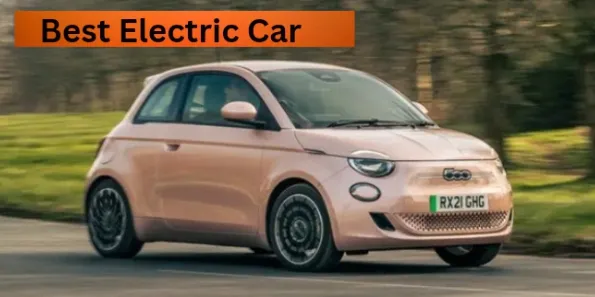
5 Best Electric Cars to Buy
Table Of Content
-
1 What is an Electric Car?
- 1.1 Top 5 Best Electric Cars 2025
-
1.2 Tesla Model 3
- 1.2.1 Why It’s Great?
- 1.2.2 Price:
-
1.3 Ford Mustang Mach-E
- 1.3.1 Why It’s Great?
- 1.3.2 Price:
-
1.4 Hyundai Ioniq 5
- 1.4.1 Why it’s Great?
- 1.4.2 Price:
-
1.5 Jeep Avenger Electric
- 1.5.1 Why It’s Great?
- 1.5.2 Price:
-
1.6 Rivian R1T
- 1.6.1 Why It’s Great?
- 1.6.2 Price:
- 1.7 How to Choose the Best Electric Car?
-
1.8 How to Charge an Electric Car?
- 1.8.1 Charge at Level 1
- 1.8.2 Charge Level 2
- 1.8.3 Fast DC Charging
- 1.9 Types of Electric Cars
- 1.10 Frequently Asked Questions
- 1.11 Conclusion
Are you tired of constantly increasing fuel costs and stressed about the effects of your car on the environment? It is such a rising issue all over the world that’s why we make our way toward Electric Cars.
Well! Why do we prefer Electric Cars? There is no doubt that electric cars are becoming increasingly popular due to the fact that traditional vehicles are becoming less useful and causing more environmental damage each day.
So! We get the solution, and it’s totally satisfying, but now the question arises; how to select the best Electric Cars out of so many options in the market?
Quite well! The correct answer depends on your affordability, requirements, and availability. Is that so? Luckily, you won't have to deal with any of this, because I make a list of the top electric cars based on various budgets and needs.
Let’s hurry to go and grab the best EV and give your life a new, adventurous touch.
What is an Electric Car?
First, let’s introduce Electric Cars for those who are confused about this term ;
Electric vehicles are vehicles powered by electric motors, which draw electricity from batteries and can be charged by external sources.
- As opposed to traditional cars that are powered by internal combustion engines,
- electric vehicles use electric motors and rechargeable batteries to power them.
- In comparison with gasoline-powered cars, they are cleaner to operate due to their zero tailpipe emissions.
This is what it is.
Top 5 Best Electric Cars 2025
Let's come to the most awaited part: the list of the top best electric cars with all the best features, long-range and sleek looks.
| IMAGE | PRODUCT | Rating | PRICE |
|---|---|---|---|
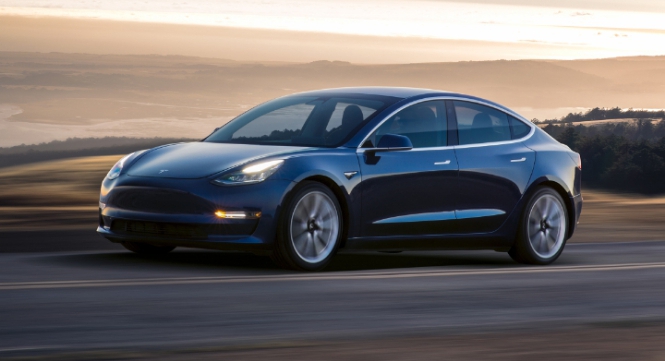 |
Tesla Model 3 |
4.5
|
$40,240 |
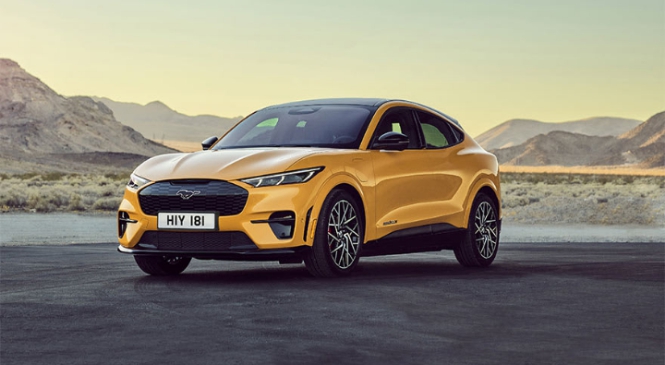 |
Ford Mustang Mach-E |
4.7
|
$42,995 |
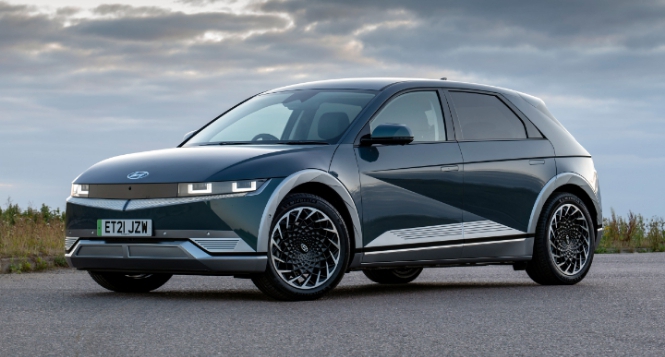 |
Hyundai Ioniq 5 |
4.3
|
$41,450 |
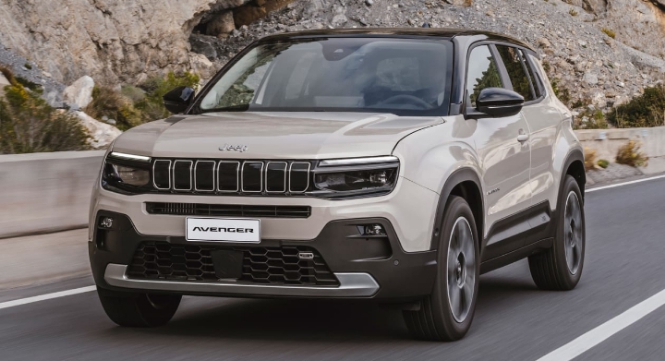 |
Jeep Avenger Electric |
4.5
|
$33,000 |
 |
Rivian R1T |
4.6
|
$73,000 |
Tesla Model 3
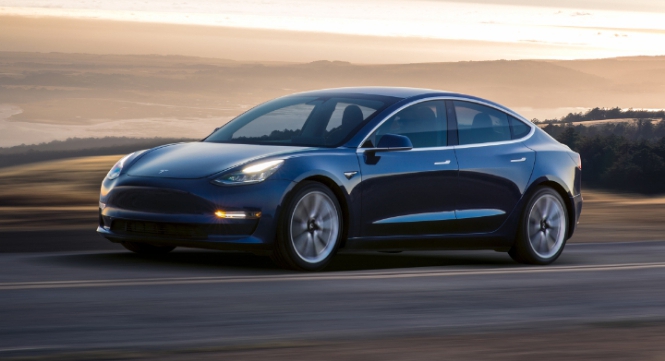
Specifications:
- Charging time is 15 minutes for a 170-mile drive.
- Battery stays up to 385 miles.
- Its top Speed is around 145 mph.
- Performance Model 0--60 mph in 3.15 seconds.
A good choice for drivers with a high level of technical knowledge and long-distance travelers.
Why It’s Great?
This Tesla Model 3 is a one-in-all model, or you can say it is an all-rounder as it offers excellent range and autopilot features. Along with that, you can get easy access to Tesla’s supercharger network. This model is ideal for long-drive loves and tech enthusiasts.
Price:
The price of this vehicle starts at $40,240 and goes up from there.
Ford Mustang Mach-E

Specifications:
- Charging time is 45 minutes.
- Battery stays up to 312 miles each.
- Its top Speed is around 124 mph.
- 0-60 mph acceleration in 3.5 seconds for the GT variant.
This SUV is a good choice for those who are interested in sporty performance, high quality and high performance at the same time.
Why It’s Great?
So! the Ford Mustang Mtach-E is another perfect Electric SUV that is going in top high-range SUVs. oOffersan amazing, thrilling performance and amazing features. Also, it has a super fast speed with its GT version, which you will be impressed with. If you like a versatile vehicle that provides a fun drive, it is the best match for you.
Price:
A starting price of $42,995 is available for this model.
Hyundai Ioniq 5
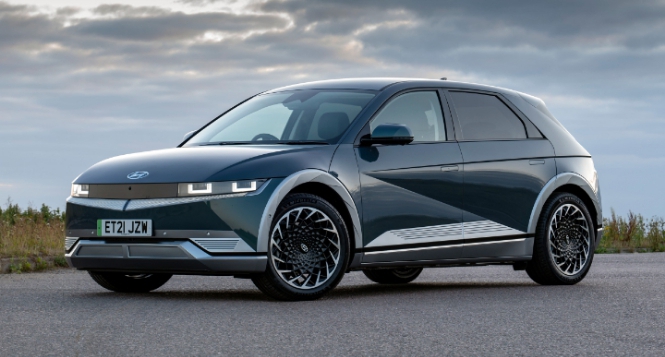
Specifications:
- Charging time is 18 minutes; superfast.
- Battery stays up to 300 miles.
- Its top Speed is around 115 mph.
- Space-saving interiors with sliding center consoles.
This product is a good choice for families and budget-conscious buyers because it is soft, affordable and comfortable.
Why it’s Great?
The Hyundai Ioniq 5 is also an excellent model and ideal choice for family trips and daily use vehicles. It offers you superfast charging, a premium interior and a unique design. It is such a practical choice with a perfect balance of function, style and performance.
Price:
The price of this product starts at $41,450 and goes up from there.
Jeep Avenger Electric
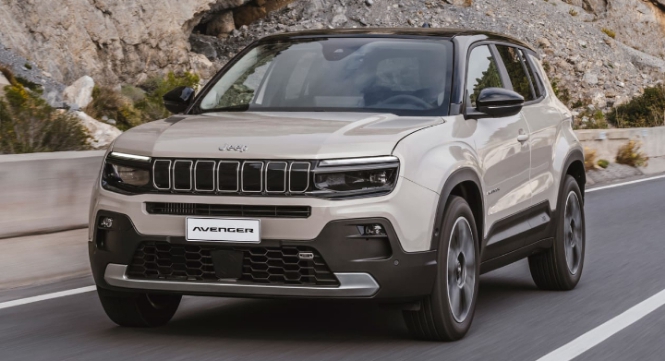
Specifications:
- Charging time is around 30 minutes for 80%.
- Its battery range is up to 250 miles.
- Select-Terrain modes, compact SUV design.
- Premium materials and a 10.25-inch touchscreen.
The Jeep is most suitable for urban drivers who enjoy the light of offroading a low-budget Jeep that can perform any task requested. So good!
Why It’s Great?
The Jeep Avenger is a small and practical electric SUV, perfect for urban exploration and off-road adventures. Jeep's ruggedness and compact size make it a perfect fit for drivers seeking an EV. An average of 250 miles of range can be achieved on a single charge, making it a solid choice for city drives and light off-road driving.
Price:
There is a price range from about $33,000 to $43,000 (depending on the region and trim level you choose).
Rivian R1T

Specifications:
- The battery range is around 314 miles.
- The towing capacity is 11000 pounds.
- It accelerates 0-60 mph in 30 seconds.
- Wading depth of more than 3 feet, adjustable suspension.
These are best suited for adventurers and off-road enthusiasts. These are classy, stylish and very unique.
Why It’s Great?
Next is Rivian R1T, and it is also a perfect choice, especially for those who love adventure and seek high performance. At the same time, ofoffroadingDespite this, you will get super high towing capacity in this Electric Car. It performs really well in outdoor activities and goes smoothly on the road, as it is a really tough-built vehicle.
Price:
An approximate starting price of $73,000 can be expected.
How to Choose the Best Electric Car?
In case you want to explore the market and decide on your preferences what EV is best for you? I can help you by suggesting a few points you can consider while buying a new Electric vehicle. Alright?
These will not let you go wrong;
- First, check out how far you can take your car on a time charge.
- Then, look for options for charging vehicles like home charge availability and public stations charging.
- Hmm… also consider its price, ownership cost, maintenance cost etc, throughout.
- Look where you have to use it, do you need it for your family? For daily use? Fooffroadingng?
Yeah, consider your preferences must before locking any deal.
How to Charge an Electric Car?
Well! You can charge your EV at home or anywhere, as all you need to have is access to the electrical grid. Alright?
So, here you have 3 methods by which you can charge your EV and that are;
Charge at Level 1
First, A 120-volt outlet can be used for Level 1 home charging, but it provides a slower charging cycle than specialty EVSEs. Quite good.
- With this charging method, an EV can travel 2-5 miles per hour.
Charge Level 2
After that, Charging at Level 2 requires either special equipment at home or a public charging station that provides 240-volt or 220-volt outlets. It is also a great and quick way.
- All BEVs are also compatible.
- Charge rates are much faster, and this EVSE can provide up to 25 miles of range per hour when compared to a Level 1 charger.
Fast DC Charging
Ok last, It delivers electricity into an EV's battery pack faster than Level 1 and 2 chargers due to its DC conversion.
- In 15 to 45 minutes, the stations can charge traction batteries
Types of Electric Cars
I am not going to end it here! Yeah, so let’s discuss something about the types of electric cars, which will really increase your knowledge and questions about electric vehicles. Ready?
In terms of electric vehicles, there are four main types to choose from:
The Battery Electric Vehicle (BEV)
You know what the BEVs are also called All-Electric Vehicles (AEVs). Battery-electric vehicles (BEVs) run entirely on batteries.
PROCESS: In order to drive the vehicle, electrical energy is stored in a large battery pack that has the capability of being charged by plugging into the power grid when it is needed. Electric cars run on a battery pack that provides power to one or more electric motors.
Understand? Let’s move ahead.
Hybrid Electric Vehicle (HEV):
Well! A hybrid electric vehicle (HEV) is also called a series hybrid or a parallel hybrid. Both the engine and the electric motor are present in HEVs.
PROCESS: Batteries provide electricity to the motor, while fuel provides energy to the engine. A motor and an engine rotate simultaneously to rotate the transmission. This force then drives a wheel.
Hmm… interesting, right?
Plug-in Hybrid Electric Vehicle (PHEV):
Ok now! As PHEVs, they are also referred to as series hybrids. It is equipped with an engine as well as a motor.
PROCESS: There are two types of fuels: conventional fuel (such as petrol) and alternative fuel (such as biodiesel), so you can choose between them. You can also use a rechargeable battery pack to power it. Using an external charger, the battery can be recharged.
Can I move forward?
Fuel Cell Electric Vehicle(FCEV):
Hmm last! A fuel-cell electric vehicle is also known as a zero-emission vehicle.
PROCESS: The vehicles run on 'fuel cell technology' that produces electricity. Fuels are directly converted into electricity by converting their chemical energy.
Get it?
Frequently Asked Questions
How do Electric Cars Work?
Hmm… Electric cars are powered by batteries that charge motors, which drive the wheels. Regenerative braking recovers energy from the wheels, allowing them to run with zero emissions and high efficiency.
What is the lifespan of electric cars?
Here! Compared to traditional gas vehicles, which typically last for about eight years or 150,000 miles, electric vehicles are more likely to last for about 12 years or 200,000 miles, depending on how you drive them.
How Expensive Is It to Maintain an Electric Car?
As! The maintenance costs of EVs are generally lower than those of gas cars. Due to regenerative braking, there are fewer moving parts and oil changes are not required.
What is the average life expectancy of an electric car battery?
Well! It usually takes 10-20 years for an EV battery to need replacement. A warranty is usually provided for eight years or 100,000 miles, which ensures the product's reliability for a long time.
Conclusion
Last! The future of transportation is electric cars: they are efficient, cost-effective, and sustainable. The advancements in battery technology have led to improved ranges, longer lifespans, and lower maintenance costs for EVs.
Models like the Tesla Model 3 and Hyundai Ioniq 5 offer luxury, performance, affordability, and off-road capability to meet the needs of consumers.
So, More drivers are choosing electric cars because advancing infrastructure and technology are making them easier to use, helping us transition to a greener, cleaner future.
Go and grab the best Electric Car and add adventure to your life.





0 Comments